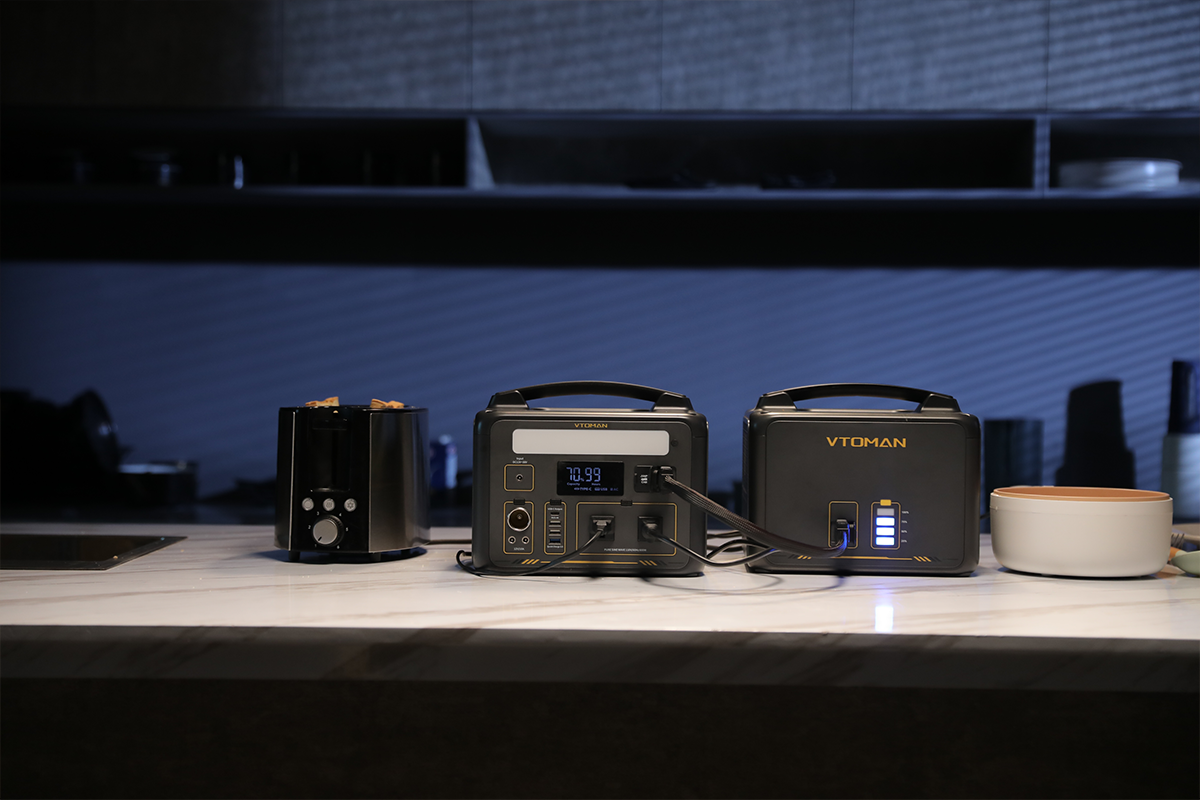When it comes to choosing the best solar generator, there are several key factors that beginners should consider. Solar generators are a great alternative to traditional generators, as they harness the power of the sun to provide clean and renewable energy. In this guide, we will explore the seven key factors that you should keep in mind when selecting a solar generator.

1. Power Output
The power output of a solar generator is one of the most important factors to consider. It determines how much electricity the generator can produce and how many devices it can power simultaneously. When choosing a solar generator, you should assess your power needs and select a model that can meet those requirements. Consider the wattage of the generator and the number of outlets it has to ensure it can handle your devices.
For example, if you plan to power small appliances like laptops and smartphones, a solar generator with a lower power output may be sufficient. However, if you need to power larger appliances like refrigerators or power tools, you will need a generator with a higher power output.
2. Battery Capacity
The battery capacity of a solar generator determines how long it can provide power without sunlight. It is essential to consider the battery capacity, especially if you live in an area with limited sunlight or if you anticipate using the generator during cloudy days or at night.
For instance, if you plan to use the solar generator for camping trips, a smaller battery capacity may be suitable. However, if you need a generator for emergency backup power during extended power outages, a larger battery capacity will be necessary to ensure you have enough power to last until the sun comes out again.
3. Charging Options
Another crucial factor to consider is the charging options available for the solar generator. Most solar generators can be charged through solar panels, but some models also offer the option to charge via AC outlets or car chargers. Having multiple charging options provides flexibility and ensures that you can charge the generator even when sunlight is not available.
For example, if you plan to use the solar generator primarily for outdoor activities like camping or hiking, a model with a solar panel as the primary charging option would be ideal. On the other hand, if you need a generator for home backup power, having the option to charge it through an AC outlet would be beneficial.
4. Portability
Portability is an important consideration, especially if you plan to use the solar generator for outdoor activities or in remote locations. Look for a generator that is lightweight and compact, making it easy to transport and store. Some models even come with built-in handles or wheels for added convenience.
For instance, if you plan to take the solar generator on camping trips or use it for outdoor events, a portable and lightweight model would be ideal. However, if you need a generator for home backup power, portability may not be as crucial.
By considering these key factors, you can make an informed decision when choosing the best solar generator for your needs. Remember to assess the power output, battery capacity, charging options, and portability of the generator to ensure it aligns with your requirements.
Conclusion
In conclusion, selecting the best solar generator involves considering several key factors. By evaluating the power output, battery capacity, charging options, and portability, you can find a solar generator that meets your specific needs. Remember to research different models and compare their specifications before making a decision.
For more information on choosing the best solar generator, you can visit the following credible sites: